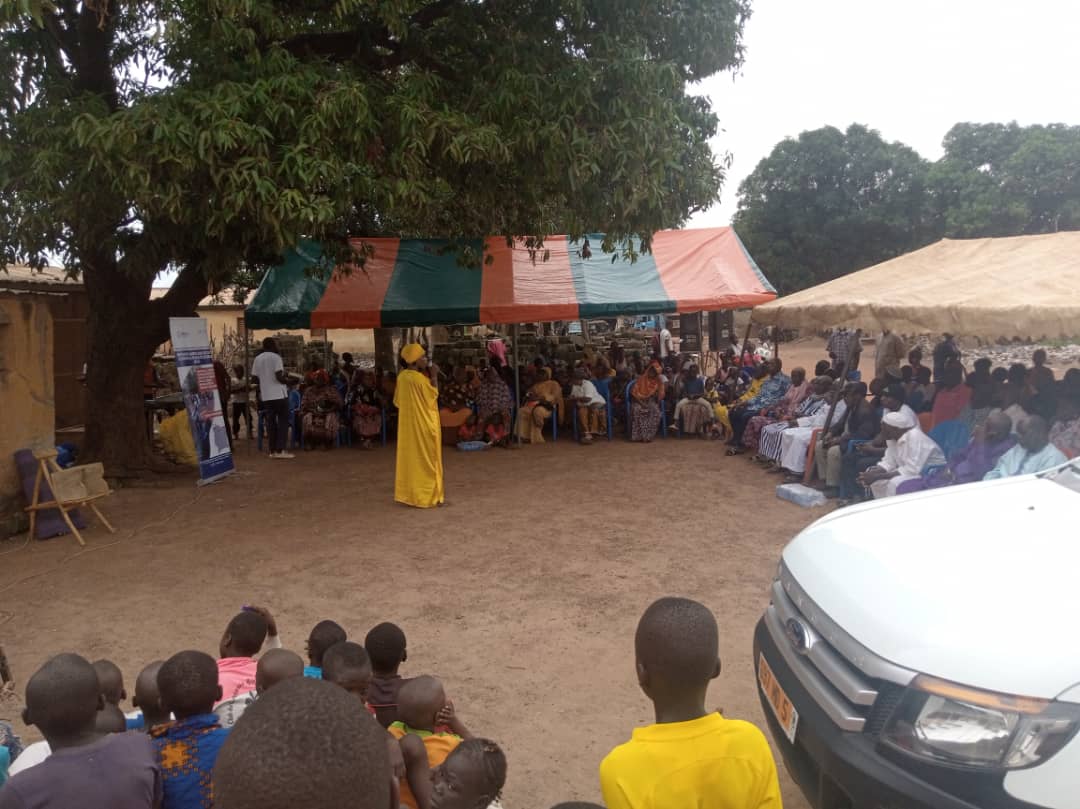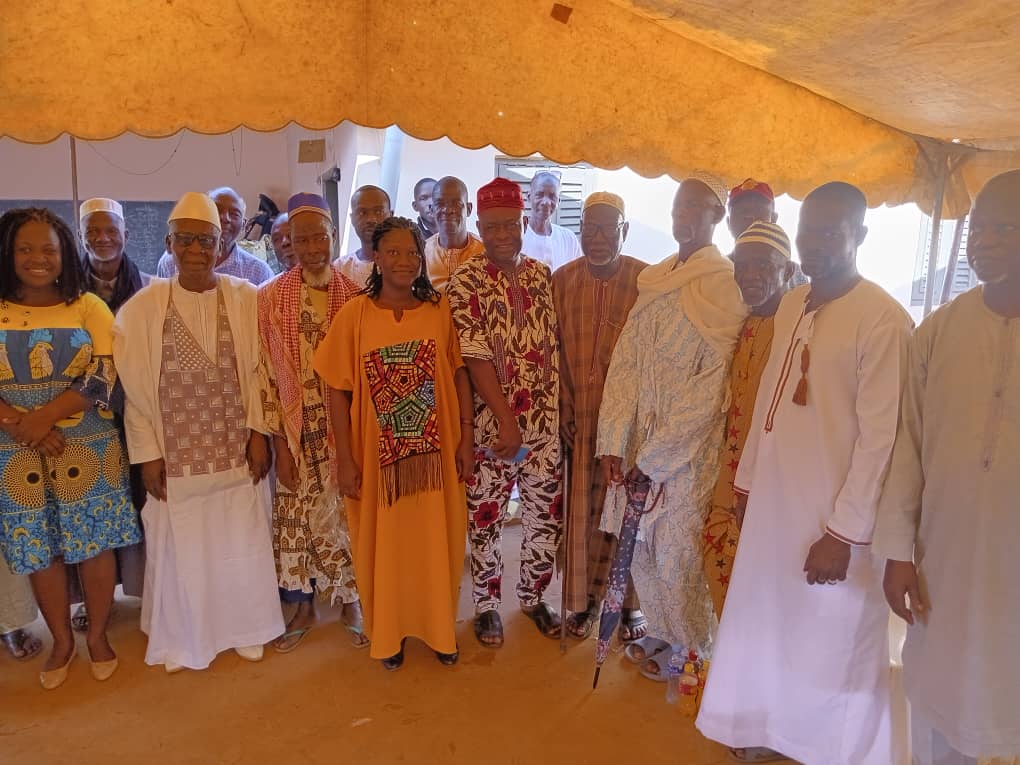Elections are a principal democratic process, although they alone do not guarantee citizen influence over policy making, the responsiveness of public officials, or their responsible use of state resources. Quality elections matter a great deal, but only insofar as they put citizens in the driver’s seat when it comes to steering the work of government. For this reason, elections should be treated as opportunities that not only allow citizens to choose leaders, but that can also begin to position citizens as informed, organized and active participants in policy making.
Civic education is the bedrock of a thriving democracy–it empowers citizens to engage, participate, and hold institutions accountable. In an era of rapid change and growing challenges to democratic governance, it is more critical than ever that civic education programs are designed using evidence-based methodologies and best practices to maximize impact and inclusivity, and address evolving challenges and opportunities in democratic governance.
Globally, youth are becoming increasingly disaffected with traditional democratic institutions and processes. Over the last decade, countries around the world have experienced a decline in young people’s formal political participation as well as a growing distrust among young people in established political processes. The current generation of young people is also inheriting a slew of complex and intersecting challenges, including economic and social inequity, environmental degradation, and geopolitical conflict.
Political parties play an important role in aggregating and representing public interests, shaping political agendas and developing government policies and programs. Parties are also a vehicle for contesting power and earning the right to govern through peaceful elections. To become more competitive, parties can make room for diverse voices within their organizations and practice more inclusive policy-making and decision-making.





